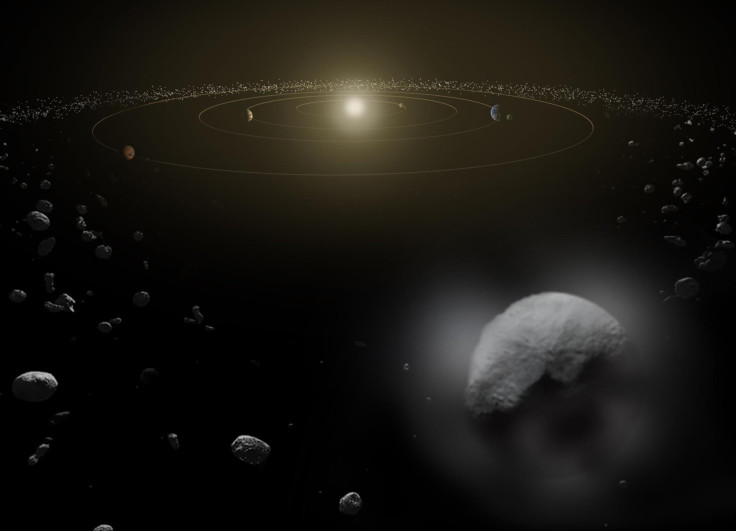Luxembourg Bets Big On Asteroid Mining, Announces $225M Fund To Attract Companies

Luxembourg’s government announced over the weekend that it will create a 200 million euro ($225 million) fund to attract companies seeking to mine asteroids for valuable minerals. The announcement, which accompanied a press release stating that the tiny European grand duchy will formalize a legal and regulatory framework to facilitate asteroid mining, is an expansion of a partnership with two U.S.-based companies the country’s government reached earlier this year.
“We have a first budget to get started but if we need more money, we will be able to provide it,” Luxembourg’s Deputy Prime Minister and Economy Minister Etienne Schneider, said during a press conference. “Luxembourg will offer an attractive overall framework for space resource utilization related activities, including but not limited to the legal regime. The government will dedicate funding to R&D in technologies related to space resource utilization, in line with our ambition to become a European hub for the exploration and use of space resources.”
The government seeks to draw up a “comprehensive legislation” that will take effect next year, the Ministry of Economy said in the statement. A similar law was passed last year by the United States.
“The new law will be based on the findings of a study on legal and regulatory aspects for the utilization of space resources conducted by the University of Luxembourg — in cooperation with renowned space law experts in the fields of international space law and policy,” the Economy Ministry said. “Space resource-dedicated licenses will be issued under the new law, and government supervision of the activities of operators and regulating their rights and obligations will be ensured by Luxembourg in accordance with the Outer Space Treaty.”
In recent years, mining of asteroids for precious metals such as platinum has become a venture that has moved from the realm of science-fiction to reality. Earlier this year, Luxembourg, which has a history of leading innovations in space technology, announced that it will work alongside the U.S.-based companies Planetary Resources and Deep Space Industries to harvest minerals and metals from asteroids.
"I come from Silicon Valley — but I’m convinced that the Silicon Valley for space resources — and gateway to an unlimited future of resources for humanity, will be here in Luxembourg,” Simon P. Worden, the former director of NASA’s Ames Research Center who joined Luxembourg’s spaceresources.lu initiative last month, said in the same statement.
However, while many near-Earth asteroids are packed with precious metals and elements, and many are even believed to have a high content of water — which would make them an ideal way station for future deep space missions — the viability and economics of these ventures is still unclear.
For instance, it is estimated that it will cost NASA $1 billion to bring back just 60 grams of asteroid minerals as part of its planned OSIRIS-REx mission.
© Copyright IBTimes 2025. All rights reserved.






















